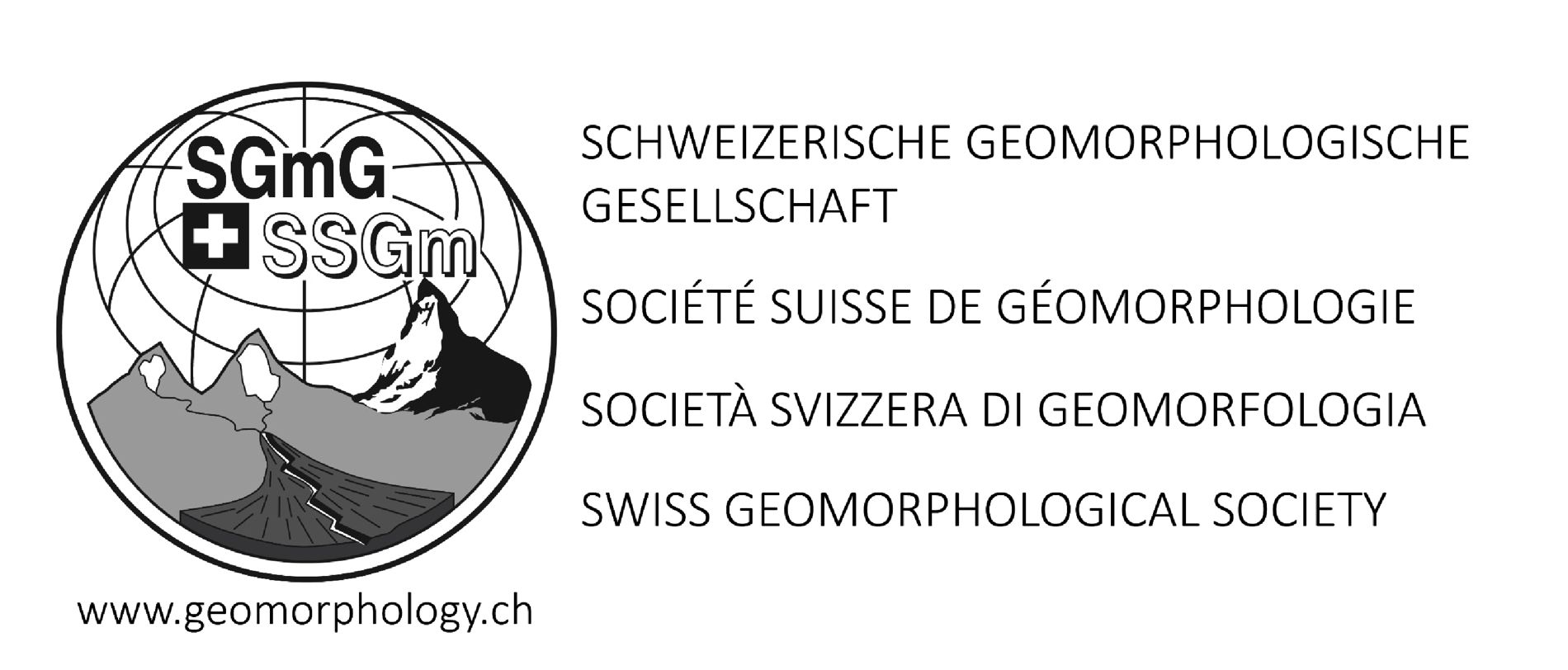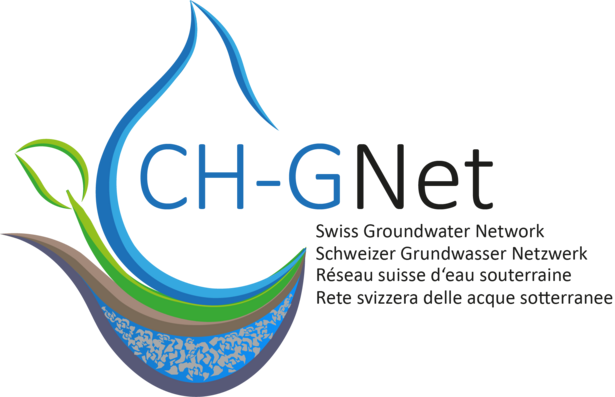CH-GNet Webinarreihe – Grundwasser und Energie. Referent: Jannis Epting
Time
Meeting place
Das CH-GNet lädt zur Webinarreihe – Grundwasser und Energie ein. Das Ziel ist das vorhandene Wissen, Werkzeuge aber auch Überlegungen zu Grundwasserbewirtschaftungspraktiken zusammenzutragen, um eine Übernutzung der Grundwasserressourcen zu verhindern und die Entscheidungsfindung zu verbessern. Wissenschaftliche Ergebnisse werden präsentiert.

PD Dr. Jannis Epting, Leiter der Angewandten und Umweltgeologie (AUG), innerhalb der Forschungsgruppe Hydrogeologie an der Universität Basel, wird einen Vortrag auf Deutsch mit englischen Folien über «Thermal management of groundwater resources – climate change, thermal potentials and opportunities» mit anschliessender Frage- und Diskussionsrunde halten. Er wird folgende Themen in seinem Vortrag ansprechen:
- Elevated groundwater temperature in urban areas as a result of (1) transfer of the Urban Heat Island (UHI) from the surface; (2) increased thermal use of groundwater for cooling purposes; (3) heating by subsurface structures; as well as the (4) impact of climate change as integral across surface & river-groundwater interaction.
- Concepts for sustainable thermal use of urban subsurface resources should include strategies to use energetic potentials in relation to energy demand (challenges & opportunities). Exploitation of energetic potentials could involve (1) thermal utilization of subsurface infrastructures; and (2) strategies for seasonal storage and thermal regeneration of the subsurface.
- Climate change will impact groundwater temperatures by means of different groundwater recharge processes (temperature imprinting). Likewise, seasonal shifts in groundwater recharge processes could be an important factor affecting future groundwater temperatures. A shift in precipitation and flood events from the summer to the winter months could be accompanied by an increase in groundwater recharge in comparatively “cool seasons”. For a quantitative assessment of climate change impacts on groundwater resources a distinction between natural and artificial groundwater recharge components is required. Different thermal exposures have to be expected for individual drinking water wells due to different components of groundwater recharge.

